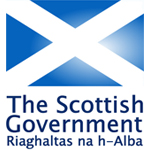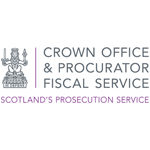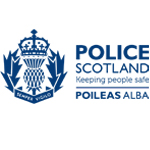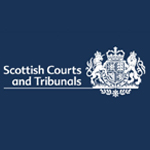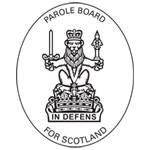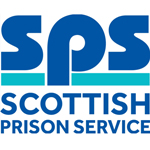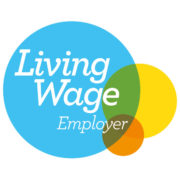Antisocial behaviour
Antisocial behaviour relates to ongoing and persistent activity by a someone or a group of people which causes distress, alarm or harassment to people in a separate household.
Neighbour disputes can escalate into antisocial behaviour if actions from one or both parties start to cause distress to households.
Other examples of antisocial behaviour are:
• Vandalism
• Nuisance noise
• Nuisance calls
• Littering or drug paraphernalia
• Verbal abuse and name calling
• Intimidation
• Harassment
• Bullying
• Animal problems – fouling, barking, intimidation and uncontrolled animals
• Rowdy or inconsiderate behaviour
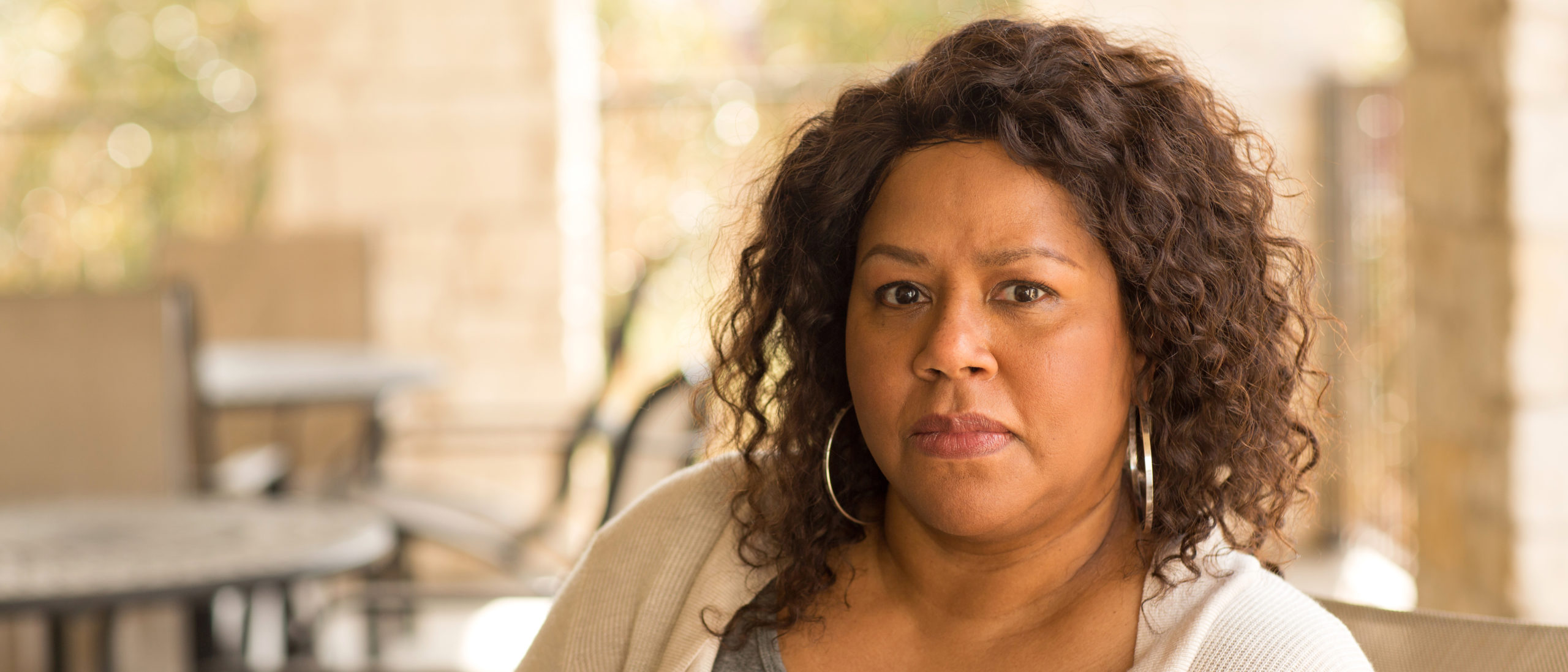
Not all antisocial behaviour is a crime, and you can get help regardless of whether the behaviour is illegal.
It can be confusing to know what is considered a police matter. If anyone is in danger, please contact the police, but if you’re not sure whether the behaviour is a crime, try contacting your local authority first. Ask them if the behaviour is something they would normally deal with or if it would be classed as a criminal offence and needs to be reported to the police.
Your local authority will have a team that can investigate non-criminal incidents such as noise complaints. They have some enforcement powers, and may be able to issue warnings or fines to the perpetrators. The local authority service is open to anyone, you don’t have to be a tenant of the local authority housing.
Visit their website to find out more about how they can help with different antisocial behaviours or contact Victim Support Scotland and we can help you explore your options.
By showing there is a pattern of behaviour or incidents, your local authority or Police Scotland can have a better chance of putting a stop to the behaviour.
• If you can, report every incident to your local police or your local authority.
• Take a note of everything that happens including time and date as well as images, where possible. Your local authority may be able to provide you with Diary Sheets or you can create your own . Remember, it’s important to not only record the incidence, but the impact the behaviour is having on you.
• Build a relationship with your community police officer who will be the officer who will work with these issues in your area. You can find the officer for your area on the Police Scotland website .
• Contact your local councillor can help you to get assistance from your local authority.
• If you have a landlord, contact them to see if they can support you.
• Try mediation with the support of a community mediation service. A neutral third party will provide a safe space for two parties to discuss a dispute and come to an agreed solution. This can be a good alternative to legal action. Scottish Mediation may be able to help you or your local authority may run a community mediation service.
People can often feel helpless, anxious and frustrated when they are confronted with antisocial behaviour. You might become hypervigilant and afraid of neighbours or certain people in your community. You may feel isolated and vulnerable if there are a number of people involved, if the behaviour is threatening, or if you have been targeted due to personal characteristics, such as race, sexuality or disabilities. If you think the behaviour counts as a hate crime, you can report it through the Victim Support Scotland third-party reporting centres
Victim Support Scotland can provide personalised support and information to you and anyone you know who might be affected by the crime. You don’t need to report the crime to receive our help.
First and foremost, we will listen to you and allow you the time to talk about your experiences. We will provide you with a trained supporter who has experience dealing with such cases and who can offer nonjudgmental support and information.
Our aim is to help you feel safer and emotionally stronger as well as better informed of your rights.
Depending on the situation, we might be able to write letters of support for housing applications should you need to be relocated. We can support you to contact your local authority or local police to report incidents and access help.
You can access our services regardless of whether you have reported the crime or not to the police. Our services are free, independent and confidential.*
*We will only alert someone else if we feel you are at risk to yourself or to others.
Police Scotland
Find your community policy team on the Police Scotland website , call 101, or contact them in a way that suits you.
If you or anyone else is in immediate danger, please call 999.
Local authority antisocial behaviour team
Your local authority will have a dedicated antisocial behaviour team, sometimes called ‘community wardens’. Visit mygov.scot to find out how to contact your local authority’s team.
Citizen’s Advice Scotland
Citizen’s Advice Scotland can help you with your rights around antisocial behaviour and neighbourhood safety. They may also be able to provide you with further support.
Scottish Mediation
0131 556 1221
Helpline: 0131 556 8118
Your local authority may have a mediation scheme that can help you too.
Whoever you are and whatever the crime, we’re here to help
-
Call our free helpline | Mon-Fri, 8am-8pm
0800 160 1985 -
Help near you
Enter town or postcode:
-
Request support
Complete our form

